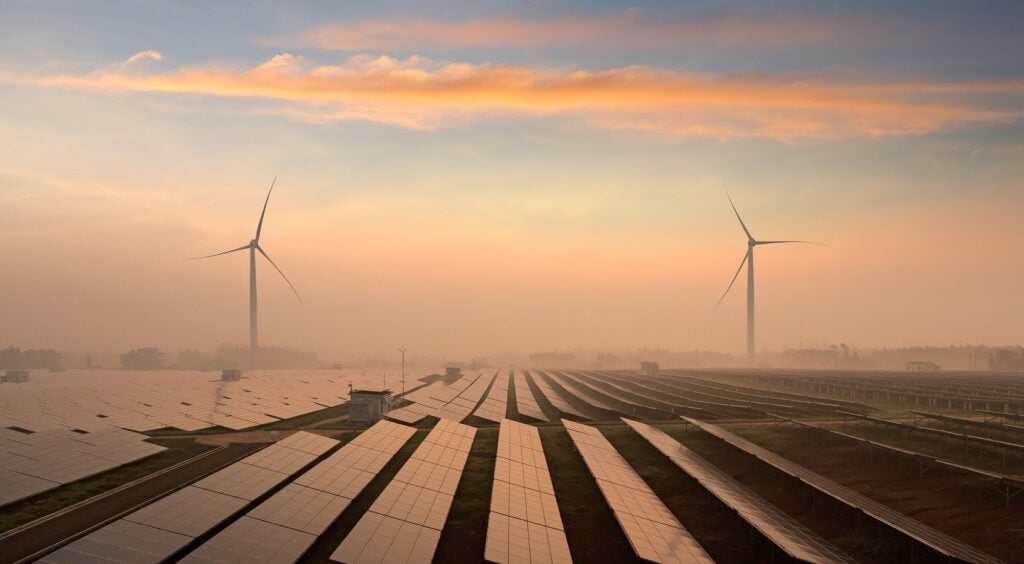Trade body Energy UK has launched a new project, dubbed the ‘Future of Energy’, as it seeks to map out how the energy transition is impacting generators, utilities and consumers.
The vision was launched at a parliamentary reception evening earlier this week and specifically looks ahead to 2028, a date which will coincide with the Climate Change Act’s 20th anniversary.
The Future of Energy document itself stresses four key commitments from the energy industry which will be the focus of the next decade. They are;
- To support the delivery of the government’s decarbonisation objectives;
- Recognise the need for the whole system to comprise balanced and diverse energy sources, including demand side response, interconnection and storage;
- Deliver a future energy system that is smart, decarbonised, competitive, affordable and fair;
- And meets the needs and expectations of customers.
It goes on to stress that the energy system is “on the cusp of change”, centred around the need to decarbonise energy generation. This, alongside a rapid shift from large, centralised power stations to distributed energy, is providing consumers with more choice than ever before.
Energy UK states this to already be the cause of numerous challenges for energy suppliers, who are also contending with data and technological “revolutions” as household appliances go smart and metering evolves with it.
“A future energy system that delivers our vision for customers is within reach. Its benefits stretch beyond customers and include a positive impact on the UK and its regions, through boosting productivity and jobs as well as creating export opportunities as other countries follow the UK’s lead,” the document reads.
Looking forward, the trade body has committed to publishing a series of thought pieces in the future which will consider key issues including the funding of future generation, customers’ relationship with the emerging retail market and what these changes may mean for transmission and distribution networks.
Lawrence Slade, chief executive at Energy UK, used recent solar generation statistics – particularly those recorded over the bank holiday weekend – as evidence of the changing energy landscape, arguing that it will be “unrecognisable from the one we have known”.
“The energy system of the future will be smarter, cleaner, decentralised and diverse. It will offer multiple opportunities to benefit customers, the UK economy and the environment. Technological advances can transform not just how we generate and use energy but also our experience as customers.
“However, enabling this revolution sets a number of challenges and questions for us all. It will require the funding and creation of different infrastructure and sources, a level playing field for the growing number of participants and most importantly fairness so that all customers, including the vulnerable, benefit from these advances,” he said.
The role and positioning of consumers in the energy transition has been the subject of much debate in the industry. There remain concerns that unless further thought is given to ensuring the transition remains fair, consumers – particularly those in vulnerable conditions – could end up being left behind.
At last week’s All-Energy conference Charles Hendry, speaking in his capacity as chair of the Smart Power Industries Alliance, stressed that consumers must be placed at the heart of the energy transition.
“If we do get it right, then consumers will benefit to a huge degree. But if we get it wrong, and it’s done in a haphazard way, then some of the businesses that are installing it [distributed energy] will benefit, but the consumers will lose out in a significant and lasting way, and that will be a damage you can’t put right,” he said.





